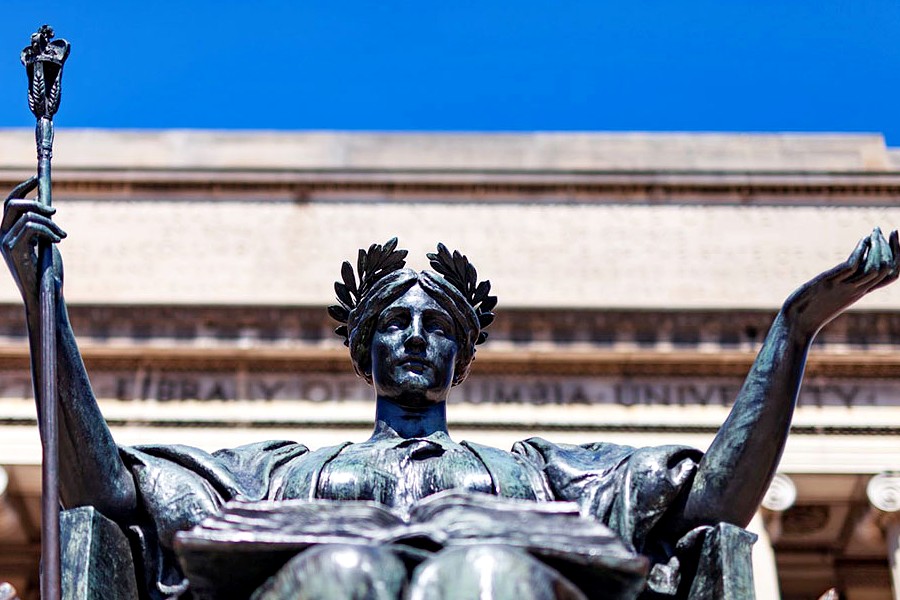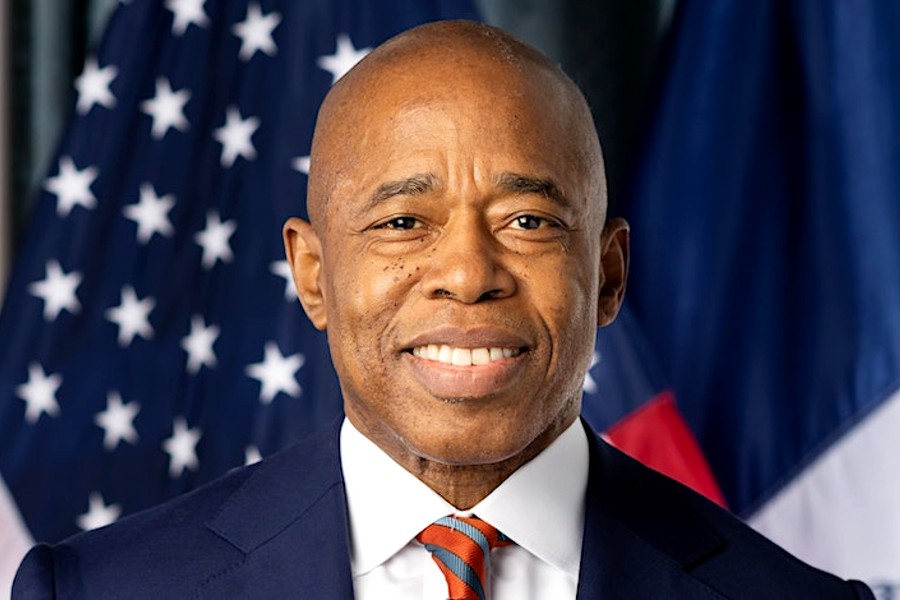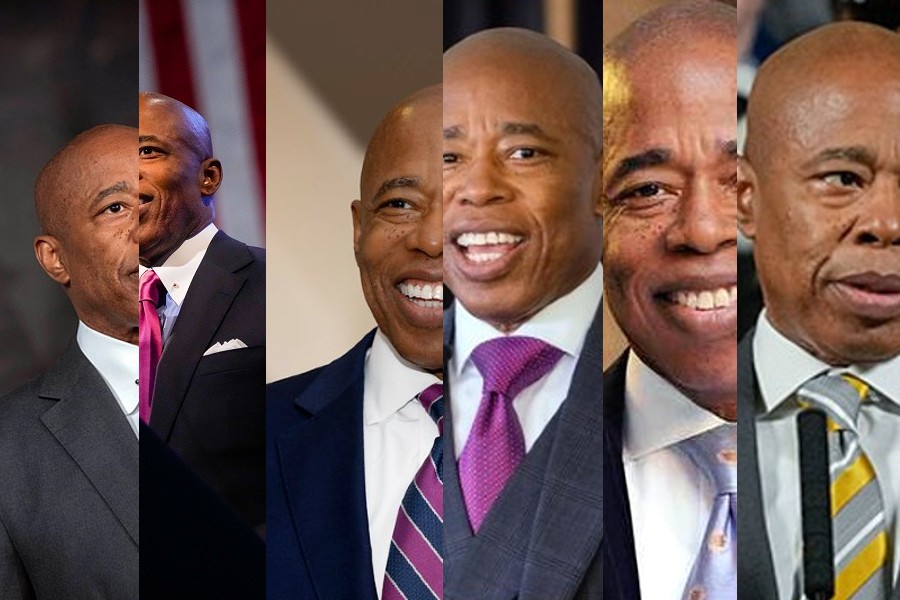
NYC Mayor Eric Adams today released the City of New York’s November Financial Plan Update for Fiscal Year 2023 (FY23).
The FY23 budget is $104 billion and remains balanced.
“Fiscal discipline has been, and continues to be, a hallmark of my administration. The city faces significant economic headwinds that pose real threats to our fiscal stability, including growing pension contributions, expiring labor contracts, and rising health care expenses — and we are taking decisive actions in the administration’s first November Financial Plan to meet those challenges,” said Mayor Adams. “Thanks to a successful Program to Eliminate the Gap, we have achieved significant savings without service reductions or layoffs. We are also investing in new needs that will address our housing crisis, make our streets cleaner, combat climate change, and much more.”
Since day one of his administration, Mayor Adams has clearly outlined the fiscal challenges facing the city. Today these include the impact of increased pension costs caused by stock-market losses, new needs related to aid for asylum seekers, the threat to the budget of impending healthcare and labor cost increases, and economic stresses like high energy prices and elevated inflation. In response to these challenges, the mayor has taken strong and swift actions in the November Financial Plan to protect the city’s long-term fiscal stability and the ability to deliver quality programs and services without interruption by achieving substantial savings through an aggressive Program to Eliminate the Gap (PEG), controlling new spending, and maintaining a record level of reserves. Along the way he is making New York City a safer and cleaner place to live, work, and visit.
The PEG was a success, achieving more than $2.5 billion in gap closing savings without service reductions or layoffs over this fiscal year and the next – more than $900 million in FY23 and more than $1.6 billion in Fiscal Year 2024 (FY24). Additionally, the administration achieved $1.5 billion of PEG savings in both Fiscal Years 2025 (FY25) and 2026 (FY26). As always, agencies must continue to find more efficient and effective ways to serve New Yorkers.
As a result of the PEG, the FY24 budget gap was reduced by more than $1 billion and is now a manageable $2.9 billion. Gaps are $4.6 billion in FY25 and $5.9 billion in FY26 because of the FY22 stock-market losses.
Budget reserves remain at a record level $8.3 billion, the most set aside by any administration in city history. There is $1.9 billion in the Rainy-Day Fund, $4.5 billion in the Retiree Health Benefits Trust, and $1.6 billion in the General Reserve, as well as $250 million in the Capital Stabilization Reserve.
Budget growth in FY23 since Adoption in July 2022 is the result of federal grant funds, including a projected $1 billion to fund the on-going cost of providing shelters and other services to the new asylum seekers in New York.
New agency spending of $211 million in FY23 and $138 million in FY24 is more than offset by PEG savings. As a result, the November Financial Plan shows a surplus of $705 million in FY23, which is used to lower the FY24 budget gap.
New FY23 investments honor the mayor’s commitment to making New York City cleaner, greener, and safer, and include:
- $19 million in additional support for the medallion relief program to help struggling taxi drivers.
- $14.5 million to launch “Get Stuff Clean,” an initiative that will create a cleaner city through a major upgrade to cleanliness protocols across the five boroughs. This includes funding to clean over 1,000 ‘No Man’s Land’ neglected areas around the city, increased litter basket service, expanded camera enforcement against illegal dumping, and funding for additional rat exterminators. New Yorkers will see faster and more reliable cleaning of every corner of the city.
- $15 million for the Shelter to Housing Action Plan, which includes a package of reforms to the CityFHEPS city-funded housing voucher program to make vouchers more widely accessible and easier to use more quickly.
- $3.0 million to modify school boilers to burn cleaner fuel in support of the mayor’s “Leading the Charge” initiative to combat climate change. The conversion to cleaner-burning biofuel will improve neighborhood air quality, largely in Black and Brown communities disproportionately impacted by higher rates of respiratory illness, by reducing disease-causing particulates from onsite combustion.
- $2.6 million to run a pilot residential curbside organics collection program in Queens, which was announced by the mayor and began operating in October.
Read the November Financial Plan Update here.
Become a Harlem Insider!
By submitting this form, you are consenting to receive marketing emails from: . You can revoke your consent to receive emails at any time by using the SafeUnsubscribe® link, found at the bottom of every email. Emails are serviced by Constant Contact








